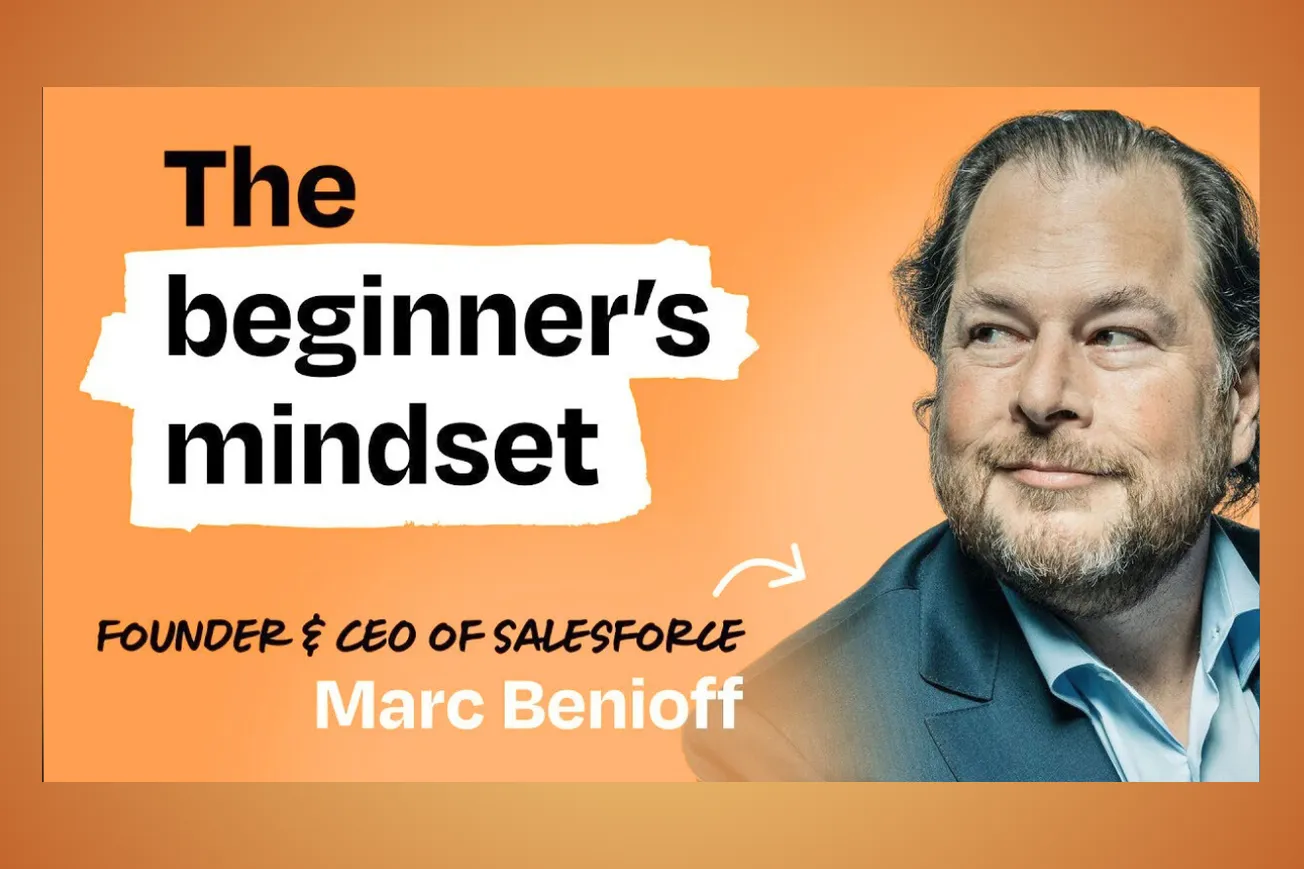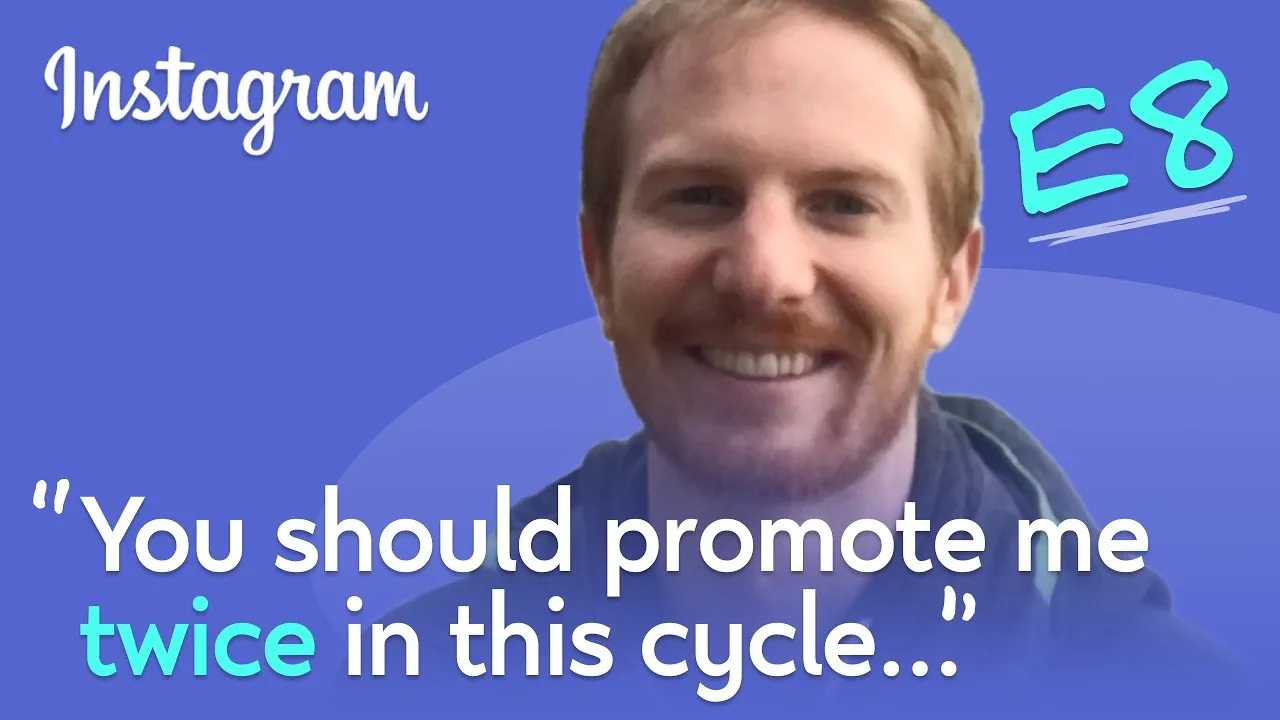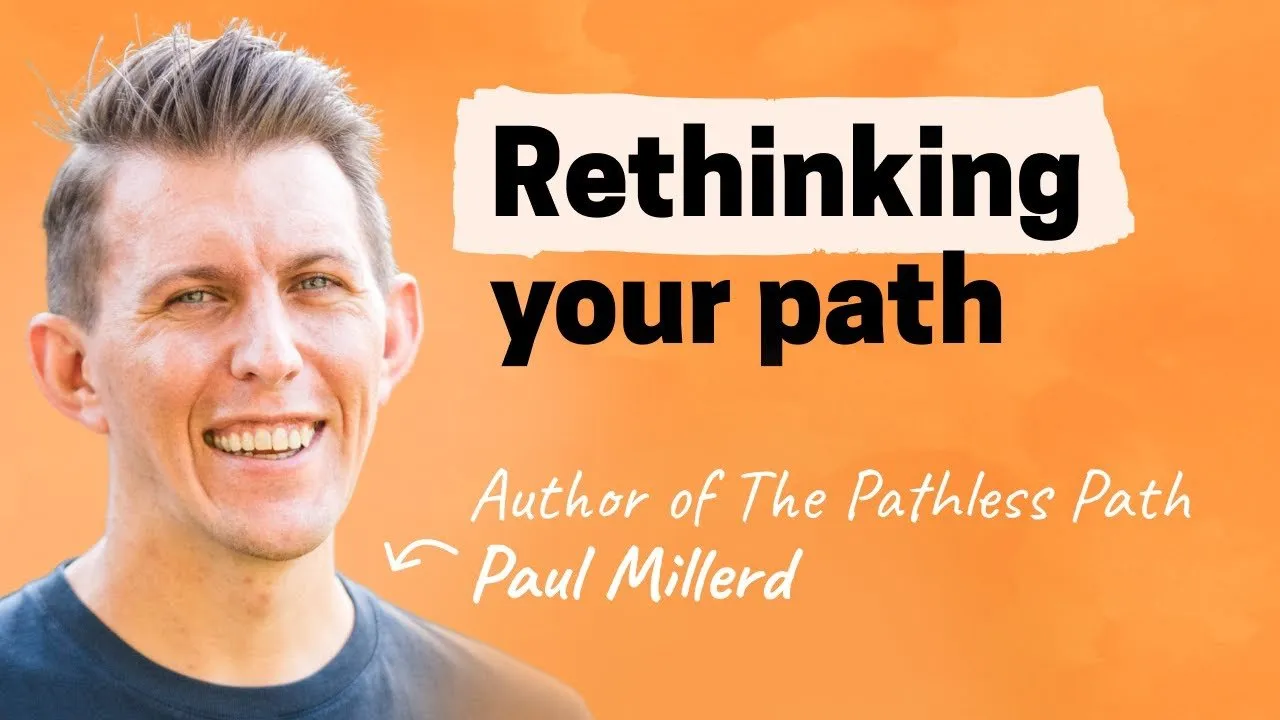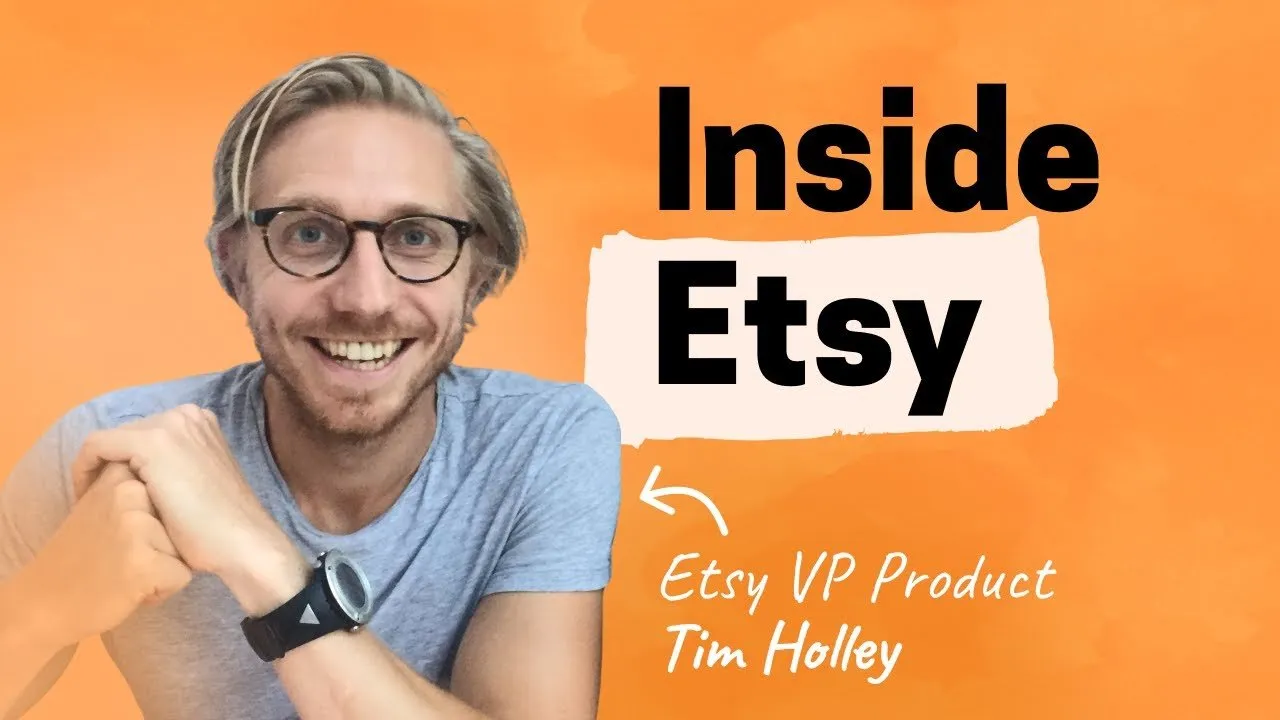Table of Contents
Marc Benioff is the co-founder and CEO of Salesforce, the second-largest software company in the world. He started programming at age 15, selling his first program for $75, and went on to build Salesforce into a company worth more than $300 billion that also owns Slack, Tableau, Quip, and MuleSoft. Marc is known as a marketing legend, and is now leading Salesforce into the era of AI agents.
In this conversation, we explore the importance of maintaining a beginner's mind, his approach to product launches and marketing, managing through tough times and layoffs, his relationship with Steve Jobs and lessons learned, why Salesforce is betting big on AI agents, and many stories from his entrepreneurial roller coaster.
Key Takeaways
- Visionary domain investing in the late 1990s reflected Benioff's ability to see future technology trends decades ahead, including gifting appstore.com to Steve Jobs
- Maintaining "beginner's mind" through meditation and mindfulness prevents expert thinking that limits possibility and innovation
- Bold marketing tactics like fake protests can break through noise, but success requires testing multiple approaches to find winning strategies
- Steve Jobs provided crucial early mentorship, advising Benioff to grow 10x, land major customers, and build an "application economy"
- Agentforce represents Salesforce's next platform shift, moving from data management to digital labor automation across industries
- Leadership at scale requires orchestrating the entire "symphony" rather than focusing on just product, sales, or any single function
- Company transformations, including difficult layoffs, are inevitable parts of non-linear success that leaders must navigate with transparency
- The future belongs to companies that can get there first and welcome customers to new technological paradigms
Timeline Overview
- 00:00–03:54 — Introduction to Marc Benioff and Salesforce: Background on building the second-largest software company in the world
- 03:54–05:59 — Marc's early career and domain names: Visionary domain investing including appstore.com, code.com, and strategic foresight in the 1990s
- 05:59–15:18 — The App Store story and lessons from Steve Jobs: The profound mentorship that shaped Salesforce's strategy and the generous gift of appstore.com
- 15:18–22:03 — Lessons from launching Salesforce: Breakthrough marketing tactics including the legendary fake protest at Siebel's conference
- 22:03–29:53 — The importance of keeping a beginner's mindset: How meditation and mindfulness practices enable continued innovation after decades of experience
- 29:53–31:47 — Why Marc calls Salesforce the "25-year startup": Operating with startup mentality within a $350 billion company and approaching each initiative as if starting from zero
- 31:47–36:09 — Agentforce: The next platform revolution moving from data management to digital labor automation across industries
- 36:09–40:12 — Why Marc says AI is the defining technology of our lifetime: Vision for AI agents and Salesforce's massive bet on the future of work
- 40:12–42:31 — AI's impact on the workforce: How roles will be redistributed rather than eliminated, with geographic and industry variations
- 42:31–46:02 — Entrepreneurs need to be like conductors: Orchestra leadership model for managing multiple stakeholders and complex initiatives simultaneously
- 46:02–50:32 — Failure corner: Navigating company transformation including difficult layoffs and the non-linear nature of success
- 50:32–56:34 — The future of AI agents: Long-term vision for digital labor and competitive landscape across the software industry
- 56:34–END — Final thoughts and farewell: Reflections on entrepreneurial journey and advice for future leaders
The Prescient Domain Investor: Seeing the Future in URLs
Marc Benioff's domain name acquisitions in the late 1990s reveal a remarkable ability to anticipate technological shifts decades before they materialize. His portfolio included not just obvious business names but conceptual platforms that didn't yet exist.
- Strategic foresight led to acquiring appstore.com, code.com, and you.com during his sabbatical from Oracle in Hawaii
- The domain investments reflected "ideas that I thought the names would be great companies one day and reflected where I thought things were going"
- These weren't speculative purchases but thoughtful bets on how technology would evolve, demonstrating pattern recognition at an extraordinary level
- The appstore.com acquisition specifically came after Steve Jobs challenged him to build an "application economy" - a concept that didn't yet exist
- Benioff's willingness to invest in abstract concepts like "app stores" years before smartphones shows the importance of betting on paradigm shifts
This domain strategy illustrates how successful entrepreneurs think in terms of platforms and ecosystems rather than just products, positioning themselves for future opportunities that others can't yet envision.
Steve Jobs as Strategic Mentor: Beyond the Mythology
The relationship between Benioff and Steve Jobs reveals a mentorship model focused on brutal honesty and strategic guidance rather than cheerleading. Jobs provided specific, actionable advice that fundamentally shaped Salesforce's trajectory.
- Jobs' three-point directive was precise: "Your company better get 10 times larger than it is now in 24 months or it's over... you better sign a huge customer... you must build an application economy"
- The mentorship included personal generosity, with Jobs physically inspecting real estate and providing life advice beyond business strategy
- Jobs' skepticism about enterprise software - calling it a horrible career choice - created productive tension that strengthened Benioff's resolve
- The relationship demonstrated Jobs' ability to see patterns across industries, applying consumer product insights to enterprise software challenges
- Their final exchange captured Jobs' perspective on success: "Everything has worked out so much better than we could have ever imagined"
This mentorship model shows how effective advisors provide specific challenges and frameworks rather than general encouragement, pushing entrepreneurs toward concrete actions that drive growth.
Breaking Through Noise: The Art of Remarkable Marketing
Salesforce's legendary launch tactics demonstrate how startups must create "remarkable" moments that cut through market noise. The fake protest at Siebel's conference wasn't just theater - it was strategic positioning that established Salesforce's contrarian vision.
- The elaborate staging included hired actors, fake news crews, and coordinated messaging around "the end of software"
- Benioff's current Agentforce launch employs similar multi-pronged approaches: "I'm trying lots of things... I am looking to try to find the winning tactic and turn it into a winning strategy"
- The strategy involves celebrity endorsements (Matthew McConaughey and Woody Harrelson), aggressive competitive positioning against Microsoft, and massive sales force expansion
- Testing multiple tactics simultaneously allows rapid identification of what resonates: "I don't know actually which one of those things is going to be the most important thing in launching this product"
- The approach mirrors Chris Rock's comedy development process - testing material extensively before the major performance
This methodology shows how breakthrough marketing requires experimental mindset rather than betting everything on a single campaign, with willingness to amplify whatever works.
Beginner's Mind as Competitive Advantage
Despite 45 years in technology, Benioff actively cultivates beginner's mind as a core leadership practice. This isn't philosophical posturing but practical strategy for navigating rapidly evolving markets.
- Regular meditation retreats to Kyoto temples, following Steve Jobs' example, serve as mental reset mechanisms for creative thinking
- The principle: "In the beginner's mind I have every possibility but in the expert's mind I have few and in some cases maybe none"
- Practical application involves approaching Agentforce launch with multiple hypotheses rather than assuming expertise about what will work
- Geographic practices matter - specific locations like Zen temples create conditions for breakthrough thinking outside normal business contexts
- The practice enables pattern recognition across seemingly unrelated domains, as demonstrated by bringing Neil Young to meditation sessions where he wrote an entire album
This approach suggests that sustained innovation requires deliberate practices to counteract the natural tendency toward fixed thinking that comes with experience and success.
Agentforce: The Next Platform Revolution
Benioff positions Agentforce not as an incremental AI feature but as a fundamental platform shift comparable to the original move from desktop software to cloud computing. The vision extends far beyond current chatbot capabilities.
- The inspiration comes from science fiction - specifically Minority Report's Gap store scene where technology understands context and history to provide personalized assistance
- Current implementation shows dramatic results: "We've cut our human escalation from our support infrastructure down by 50%... resolving 83% of all of our inquiries robotically"
- The healthcare example illustrates the broader vision: agents handling routine pre/post-procedure communications, medication reminders, and follow-up care
- Four-layer technology stack: automated customer touchpoints, aggregated data cloud, agentic platform, and eventually robotic/drone integration
- Competitive urgency drives aggressive expansion: hiring 1,000-2,000 additional account executives specifically for Agentforce sales
This represents a bet that AI agents will become as foundational as databases or operating systems, requiring companies to rebuild their technology stacks around agentic capabilities.
Orchestra Leadership: Managing Multiple Stakeholders
Benioff's leadership philosophy emphasizes the CEO as orchestra conductor rather than expert in any single function. This becomes critical as companies scale beyond the founder's direct involvement in every decision.
- The symphony metaphor: "You better be ready to be an orchestra leader you can't just be playing the clarinet... you want to be playing the whole Symphony"
- Current Agentforce launch demonstrates this approach: product development, competitive positioning, sales expansion, customer stories, ecosystem activation, and deployment coordination happening simultaneously
- The "startup mindset" within a 75,000-person, $350 billion company requires treating each new initiative as if starting from zero
- Six concurrent focus areas for Agentforce: company energy, fuel allocation, distribution capability, customer stories, ecosystem transformation, and activation of existing customer base
- Balance between maintaining existing business (data cloud implementation across 135,000 customers) while launching transformational new products
This orchestration model suggests that successful scaling requires leaders who can manage complexity and ambiguity rather than diving deep into specific functional areas.
Non-Linear Success: Navigating Company Transformation
Salesforce's recent transformation, including 10% workforce reduction, illustrates how even successful companies must periodically reinvent themselves. Benioff's transparency about this "failure" provides valuable insights for other leaders.
- The crisis moment: "We're all on this airplane and everything is going really well and then something seems to be going really wrong... the two pilots seem to be missing"
- Post-pandemic overcorrection led to bloated headcount across Silicon Valley, requiring painful but necessary adjustments
- Michael Dell's wisdom: "There is no linear success" - even successful companies face cyclical challenges requiring dramatic action
- The layoff process required overcoming Benioff's personal resistance: "It's the last thing I want to do as an entrepreneur"
- Recovery trajectory demonstrates that short-term pain can enable long-term growth, but only with decisive action and clear communication
This experience shows how leaders must balance growth mindset with operational reality, making difficult decisions that contradict their natural inclinations when business fundamentals demand change.
The Future of Work: Agents and Human Roles
Benioff's perspective on AI's impact on employment offers nuanced view beyond simple replacement scenarios. His analysis focuses on how work will be redistributed rather than eliminated.
- Support engineering roles declining due to robotic automation, while sales roles increase to capture new opportunities created by AI capabilities
- Geographic disparities: "It'll be A Tale of Two Cities literally... different impacts in different places"
- Rural/blue-collar work (restaurants, trucking, construction) remains relatively protected from AI disruption in near term
- Healthcare represents opportunity for agent assistance to reduce physician burnout while improving patient outcomes
- Job creation in areas where human needs exist but current capacity is insufficient
This framework suggests that AI transformation will be uneven across industries and geographies, requiring targeted approaches to workforce development and economic support.
Practical Implications for Leaders
Benioff's experience offers concrete lessons for entrepreneurs and executives navigating technological disruption:
Strategic Vision Development:
- Invest time in understanding platform shifts rather than just product features
- Use domain name research as a forcing function to think about future business models
- Seek mentors who will challenge assumptions rather than provide validation
Marketing Breakthrough:
- Test multiple tactics simultaneously rather than betting on single campaigns
- Create remarkable moments that force market attention and conversation
- Be willing to take contrarian positions that differentiate from established players
Innovation Practices:
- Establish regular practices (meditation, travel, geographic changes) that enable beginner's mind
- Resist expertise bias that limits possibility thinking
- Use cross-industry pattern recognition to identify opportunities
Operational Excellence:
- Prepare for non-linear success cycles requiring periodic transformation
- Develop skills in orchestrating multiple stakeholders rather than functional expertise
- Balance growth initiatives with operational discipline
Common Questions
Q: How can leaders maintain beginner's mind as their companies scale?
A: Establish regular practices like meditation retreats and geographic changes that force mental reset and pattern recognition across industries.
Q: What makes Agentforce different from other AI initiatives?
A: It represents a platform shift from data management to digital labor, comparable to the original cloud computing transformation.
Q: How should companies approach AI transformation in their workforce?
A: Focus on rebalancing rather than pure reduction - some roles decline while others expand based on new capabilities and opportunities.
Q: What's the key to breakthrough marketing in vibrant markets?
A: Test multiple approaches simultaneously, looking for tactics that generate conversation and can be amplified into winning strategies.
Q: How do successful leaders navigate company transformations?
A: Accept that non-linear success requires periodic painful decisions, communicate transparently, and focus on long-term positioning over short-term comfort.
Marc Benioff's journey from Oracle developer to building one of the world's largest software companies offers a masterclass in long-term vision, adaptive leadership, and platform thinking. His current bet on Agentforce reflects the same pattern recognition that led to early domain investments and Salesforce's original cloud vision.
The key insight: successful entrepreneurs don't just build products - they position themselves at the center of technological paradigm shifts, then orchestrate all stakeholders toward that future vision.









